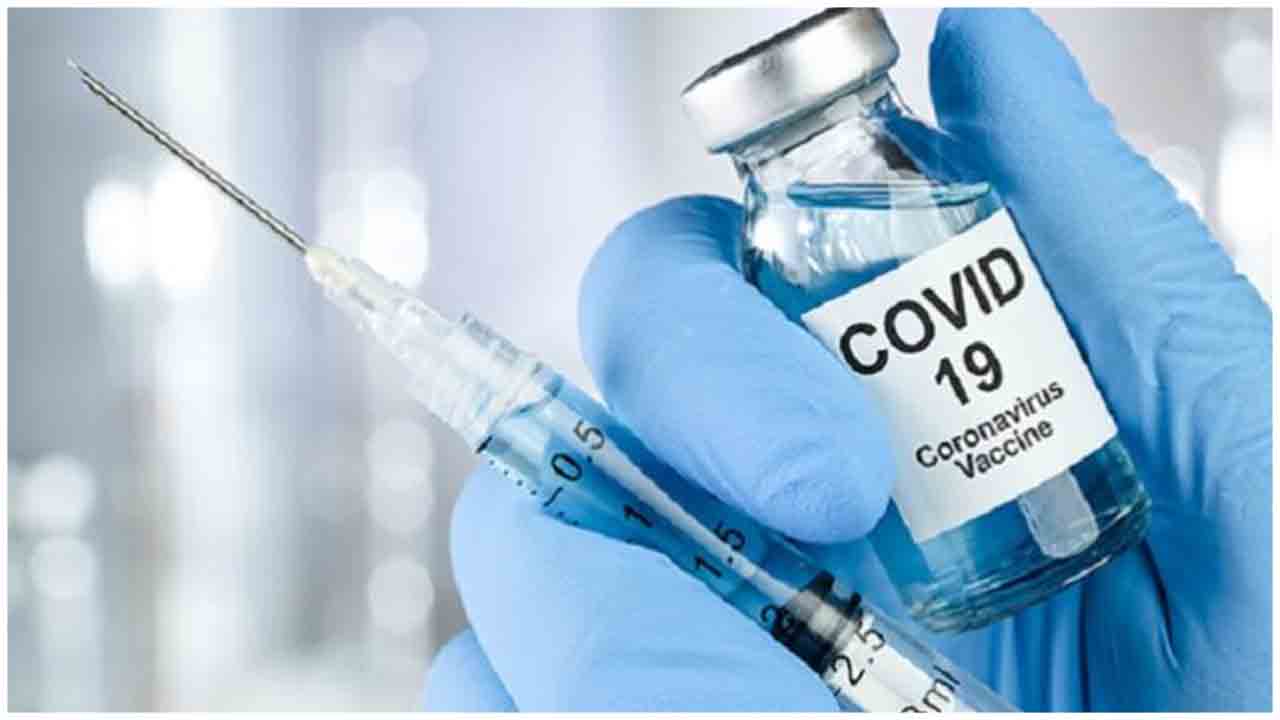Sanofi and GSK have reached an agreement, subject to final contract, with the UK government for the supply of up to 60 million doses of a COVID-19 vaccine. The vaccine candidate, developed by Sanofi in partnership with GSK, is based on the recombinant protein-based technology used by Sanofi to produce an influenza vaccine, and GSK’s established pandemic adjuvant technology.
“With our partner GSK, we are pleased to cooperate with the UK government as well as several other countries and global organizations as part of our ongoing efforts to develop a safe and effective vaccine and make it available as quickly as possible. We greatly appreciate the UK government’s support of this shared vision,” said Thomas Triomphe, Executive Vice President and Global Head of Sanofi Pasteur.
Roger Connor, President of GSK Vaccines added, “We believe that this adjuvanted vaccine candidate has the potential to play a significant role in overcoming the COVID-19 pandemic, both in the UK and around the world. We thank the UK Government for confirmation of purchasing intent, which supports the significant investment we are already making as a company to scale up development and production of this vaccine.”
Sanofi is leading the clinical development and registration of the COVID-19 vaccine and expects a Phase 1/2 study to start in September, followed by a Phase 3 study by the end of 2020. If the data are positive, regulatory approval could be achieved by the first half of 2021. In parallel, Sanofi and GSK are scaling up manufacturing of the antigen and adjuvant to produce up to one billion doses per year overall.
UK Business Secretary Alok Sharma said: “Our scientists and researchers are racing to find a safe and effective vaccine at a speed and scale never seen before. While this progress is truly remarkable, the fact remains that there are no guarantees.
“In the meantime, it is important that we secure early access to a diverse range of promising vaccine candidates, like GSK and Sanofi, to increase our chances of finding one that works so we can protect the public and save lives.”
Kate Bingham, Chair of the UK Government’s Vaccines Taskforce, said: “Through this agreement with GSK and Sanofi, the Vaccine Taskforce can add another type of vaccine to the three different types of vaccine we have already secured.
“This diversity of vaccine types is important because we do not yet know which, if any, of the different types of vaccine will prove to generate a safe and protective response to COVID-19. Whilst this agreement is very good news, we mustn’t be complacent or over optimistic.
“The fact remains we may never get a vaccine and if we do get one, we have to be prepared that it may not be a vaccine which prevents getting the virus, but rather one that reduces symptoms.”
GSK is collaborating with companies and research groups across the world working on promising COVID-19 vaccine candidates through the use of our innovative vaccine adjuvant technology. The use of an adjuvant is of particular importance in a pandemic situation since it may reduce the amount of vaccine protein required per dose, allowing more vaccine doses to be produced and therefore contributing to protecting more people. GSK does not expect to profit from COVID-19 vaccines during the pandemic phase, and will invest any short-term profit in coronavirus related research and long-term pandemic preparedness, either through GSK internal investments or with external partners.

 Sanofi and GSK agree with the UK government to supply up to 60 million doses of COVID-19 vaccine
Sanofi and GSK agree with the UK government to supply up to 60 million doses of COVID-19 vaccine

























.jpg)









